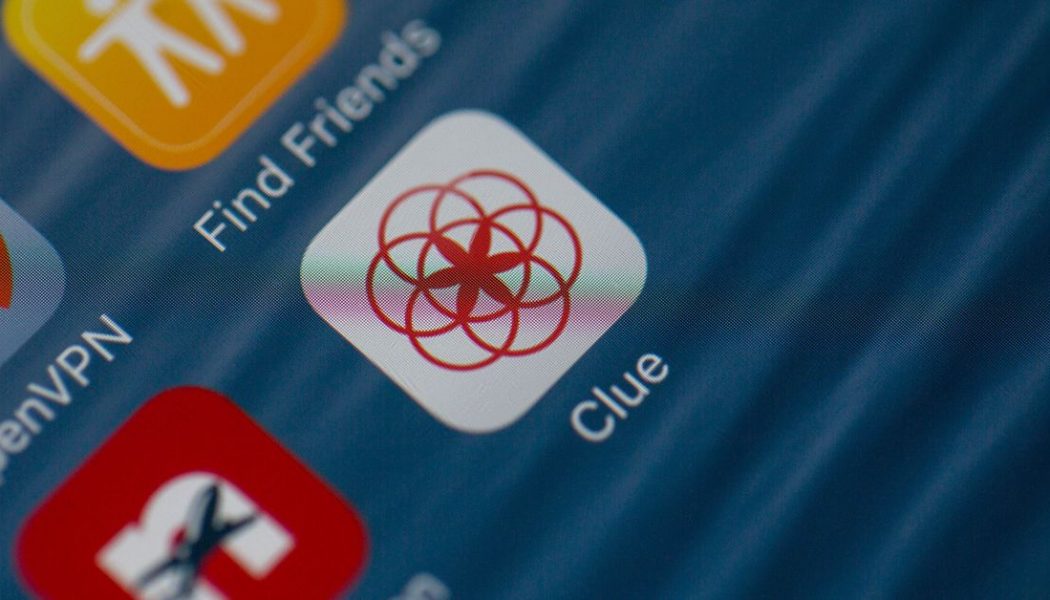
Clue, best known for its period tracking app, announced that it received clearance from the Food and Drug Administration for a digital birth control function, which it says can help users prevent pregnancy based only on the start date of a user’s period. It calculates the window where someone could get pregnant based on statistical modeling.
“It personalizes over time. So as the individual puts in their cycle day one then we’re able to personalize the window of their high risk days vs their low risk days,” Clue’s chief medical officer Lynae Brayboy told TechCrunch.
The company plans to launch its digital birth control some time this year.
Clue says that its digital birth control is 92 percent effective at preventing unwanted pregnancy when it’s used the way most people do (accounting for some errors) and 97 percent effective under perfect use. The statistical method it uses was originally developed and tested by researchers at the Institute for Reproductive Health at Georgetown University and a company called Cycle Technologies, and acquired by Clue in 2019.
This is the second form of digital birth control to get clearance from the FDA to market itself as birth control. The first, Natural Cycles, requires users to take their body temperature each morning. Its 2018 clearance was controversial — it came just after the app was blamed for unwanted pregnancies in Sweden.
Clue’s digital birth control was cleared by the FDA under its “substantially equivalent” designation, meaning that the agency determined that it was safe and effective because it’s similar to a product already on the market. In this case, Clue’s product was considered similar enough to Natural Cycles. Elina Berglund, the CEO of Natural Cycles, said in a statement that the company will be doing its own analysis of Clue. “Our initial findings based on the FDA filing indicate a significant difference between Natural Cycles and this other product — including that this product is solely based on menstrual data and no other biomarker such as temperature,” she said.
The idea behind digital birth control is related to fertility awareness methods of birth control, where people track metrics like the dates of their periods, their temperature, and changes to their cervical mucus to predict when they’re ovulating and could become pregnant. These methods can be highly effective when used correctly, but they typically take rigorous, hands-on tracking. They can be good options for people who can’t or don’t want to use hormonal birth control or other methods, but some experts worry that the principles can’t translate into apps.
Only people who are between 18 and 45 years old and who have regular periods should use Clue’s birth control, the company told TechCrunch. If someone is ineligible or their cycle becomes too irregular, the app will lock them out, said CEO Audrey Tsang.
Clue’s period tracker previously had a feature that predicted if users were in a fertile window — the day of and days leading up to ovulation. The app said that the fertile window feature should not be used as birth control but could help users who are trying to become pregnant. The company removed that feature last week, saying that it could be inaccurate. “We determined that it could be misleading to those who wish to use the fertile window to avoid pregnancy,” it said in a blog post. “We hope to offer a solution to this problem in the near future.”








